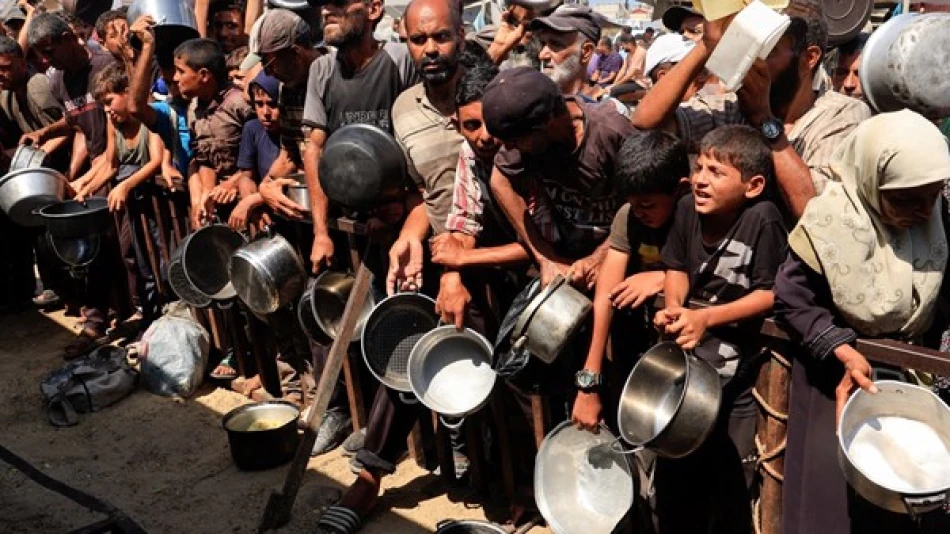
Trump Calls for Resolution to Gaza Crisis: A Shift in Diplomatic Tone
Trump Calls for End to Gaza Crisis as UN Warns of Escalating Humanitarian Catastrophe
President Donald Trump declared Friday that the current situation facing Gaza residents "must end," as United Nations agencies issued stark warnings about the devastating consequences of Israel's military escalation in the territory. The convergence of high-level political statements and international humanitarian alerts signals a potential shift in how the Gaza crisis is being framed on the global stage.
Presidential Intervention Amid Deepening Crisis
Trump's brief but pointed statement represents one of his most direct comments on the Gaza situation since taking office. The timing appears significant, coming as international pressure mounts over the humanitarian conditions in the Palestinian territory.
The president's remarks follow a pattern of measured responses to Middle East crises, though the brevity of his statement leaves room for interpretation about what specific actions or solutions he might support.
UN Agencies Sound Alarm Over Military Escalation
United Nations organizations have issued increasingly urgent warnings about the humanitarian impact of Israel's military operations in Gaza. The agencies specifically highlighted several vulnerable populations at extreme risk:
Most At-Risk Groups
Medical patients face particular danger, as many cannot be evacuated to southern Gaza due to their conditions. Hospital systems already strained by ongoing conflict may be unable to cope with additional military pressure.
Children and disabled individuals represent another critical concern, as their mobility limitations make evacuation efforts significantly more challenging during military operations.
The UN warnings also emphasized the growing hunger crisis affecting Palestinian civilians, a situation that military escalation could severely worsen.
Historical Context and Regional Implications
Gaza has experienced multiple cycles of military escalation over the past two decades, but the current humanitarian conditions appear to be among the most severe. The territory's 2.3 million residents have faced restrictions on movement, imports, and economic activity that predate the current conflict.
Previous international interventions in Gaza crises have typically involved cease-fire negotiations mediated by Egypt, Qatar, or other regional powers. Trump's statement could signal American willingness to engage more directly in resolution efforts.
Diplomatic Calculations and Next Steps
The alignment of Trump's statement with UN warnings suggests potential for coordinated international pressure on all parties to de-escalate. However, the president's comment lacks specific policy prescriptions or timelines.
Regional allies including Egypt and Jordan have historically played crucial roles in Gaza crisis management, and their response to Trump's statement may indicate whether broader diplomatic momentum is building.
The humanitarian focus of current international messaging—emphasizing civilian suffering rather than military objectives—may create openings for aid organizations and diplomatic mediators to push for humanitarian corridors or temporary cease-fires.
Most Viewed News

 Layla Al Mansoori
Layla Al Mansoori






